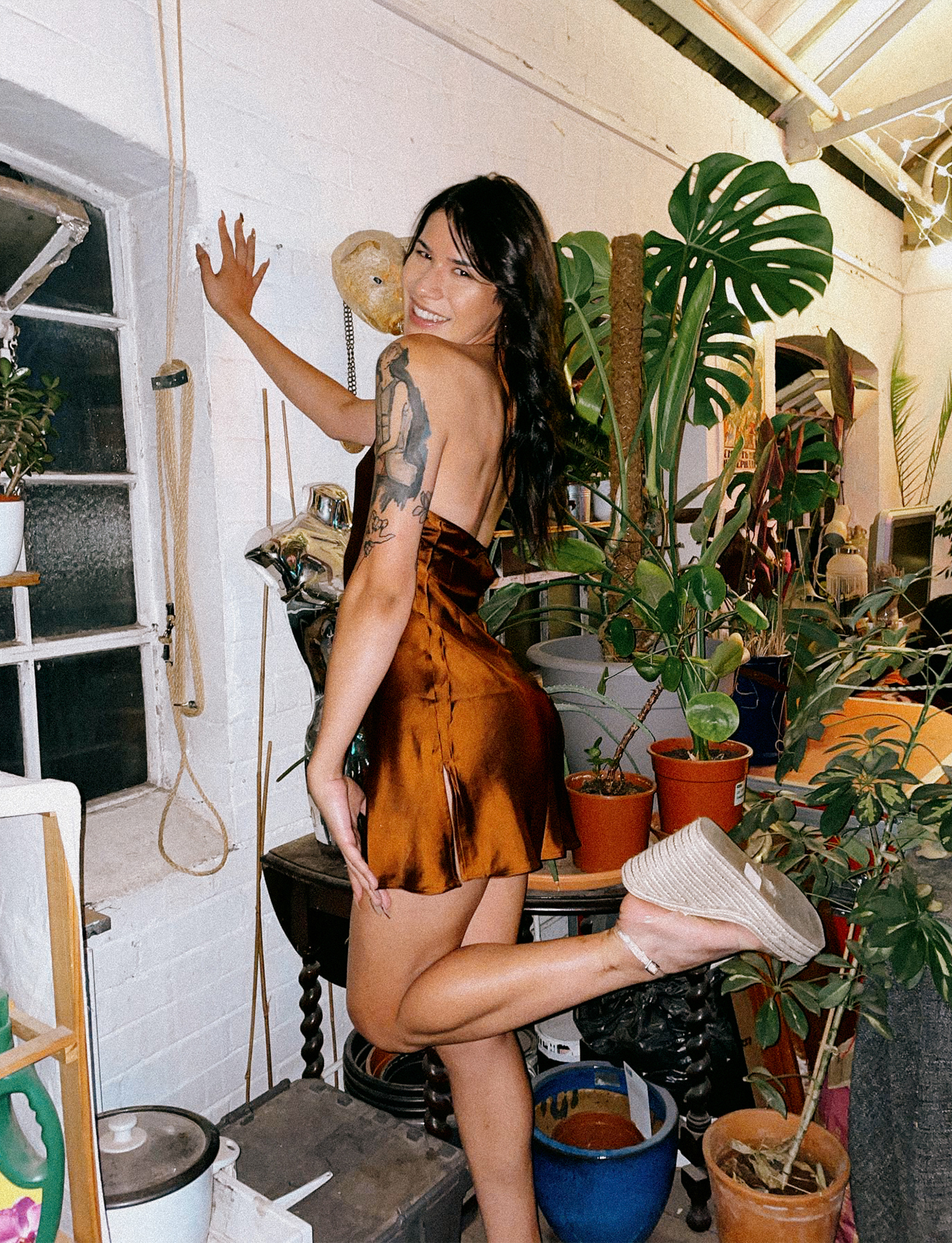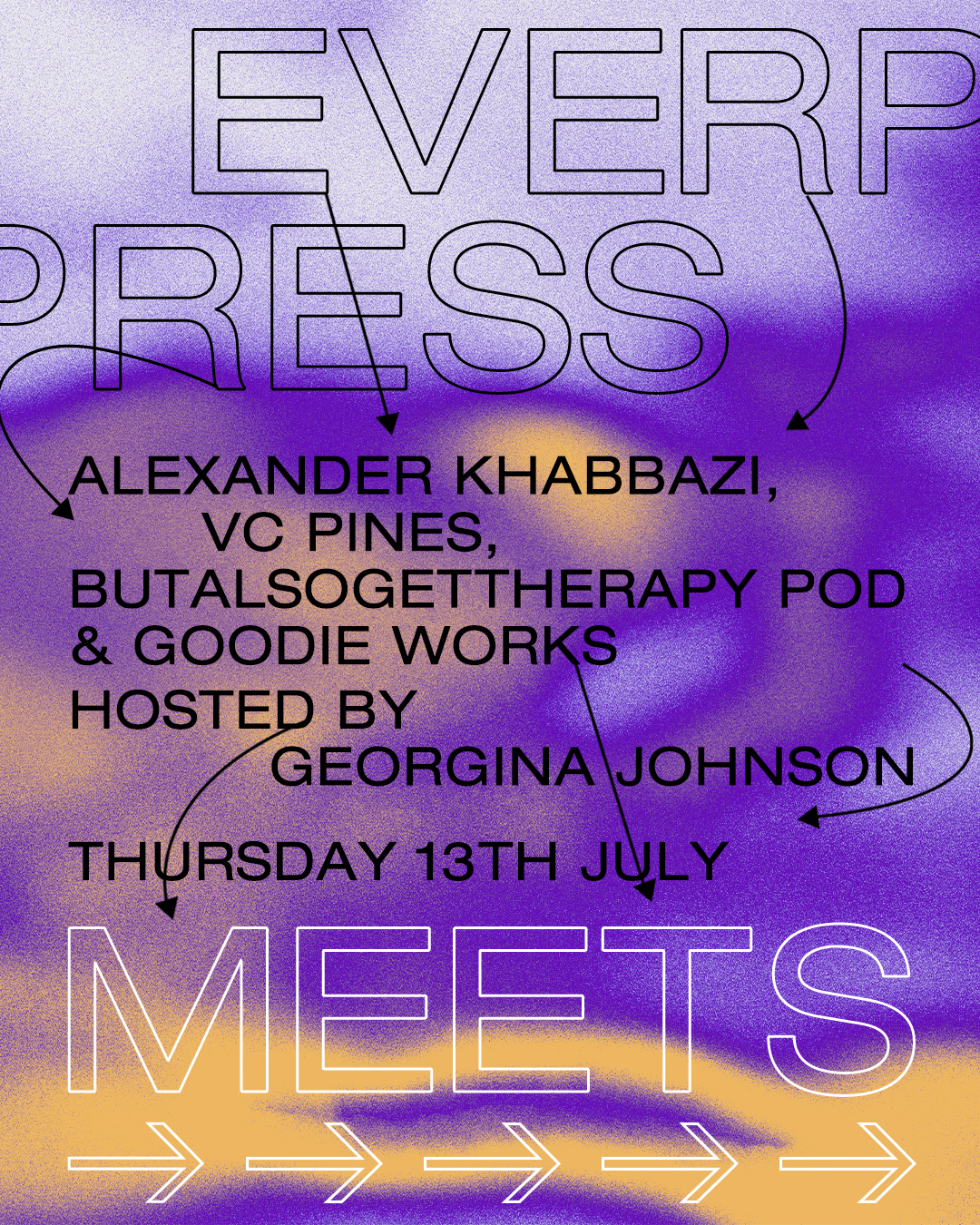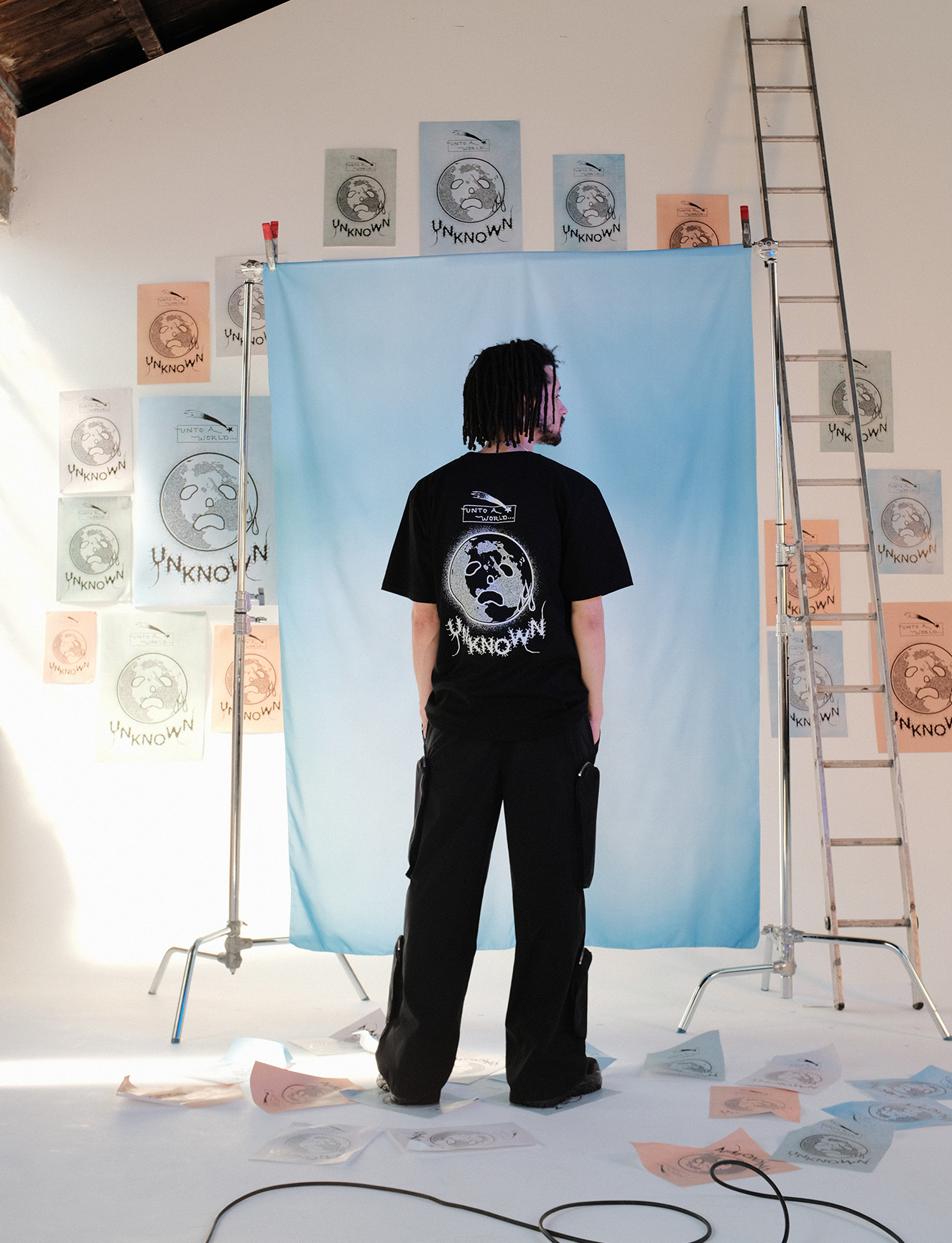A local LGBTQ+ collective who were determined to counteract this homophobic narrative put things in motion and before we knew it, and despite a sea of objections, our small town of Treviglio held a tiny Pride celebration on a hot summer’s day. In hindsight this parade was incredibly mellow, in both its queer identity and political spirit – the organisers made it very clear there’d be ‘no nudity or obscene dances’ to tame the opposing voices – but for me, as a 16 year old closeted queer person, it felt revolutionary.
Today Pride is a constant source of discourse
Today, the purpose of Pride is a constant source of discourse both in the queer community and in wider society. With growing criticism of its commodification, twinned with the loss of its original revolutionary energy, each year this discourse tends to centre around: what meaning does Pride still hold today?
“It’s an expression of self respect, of joy and of loving people and your community, that’s why I always love going to Pride,” says writer and trans rights activist Roz Kaveney. Kaveney actually attended the first ever London Pride in 1972, and has been present at dozens more since: “I can see the 1970s montage sequence in my head. There’s flickers of doing a sit-down after hearing someone was arrested for wearing a hat with a hatchet, dancing tango in the mud and eating really bad takeaway food in the park.”
While Kaveney condemns the corporate route Pride has taken, especially in terms of recent collaborations with institutions like banks and the army, she’s still hopeful of the resistance a day like it, in a society that still caters to cisheterosexuality, holds. The resistance is especially felt when it comes to more radical events, like Trans Pride – which centres the liberation of trans and non-binary folks in a climate that’s actively attempting erasure. “Trans Pride this year is going to be a protest. People are angry,” says Kaveney.
This anger is shared by Maltese DJ and producer Sunta. Malta has topped the Rainbow Europe index – which ranks European countries on their efforts towards LGBTQ+ liberation – for seven years in a row, thanks to its progressive advancements, from being the first European nation to criminalise conversion therapy, to introducing equal adoption rights for same-sex couples. All these developments have only been put in place in the last decade, kickstarted by Malta’s former president Marie Louise Coleiro Preca of the labour party. (It’s worth adding that the country is still falling behind on other social issues, mainly its abhorrent legislation surrounding abortion rights).
Trans Pride this year is going to be a protest
From speaking to Sunta, it’s apparent the reality of existing as a queer person in the seemingly somewhat liberal country is fraught. “People are getting jumped on. I got spat on. Even though we have all the legislation on paper, people are still very much homophobic and transphobic,” Sunta tells me.
When it comes to trans liberation, Malta faces very similar conditions to the ones we’re accustomed to in the UK: long waiting lists for gender-affirming healthcare, prejudiced medical authorities, an ongoing battle to have our identities recognised legally and wider discriminatory attitudes. And, just like in the UK, people are fighting back. “Usually people just go to Pride to party and celebrate, but last year there were so many young people in attendance with placards reminding us of problems in the community and that this is an opportunity to fight back,” says Sunta. “It felt really special.” Kaveney and Sunta both speak to the fact that, while perhaps the revolutionary potential of Pride has been watered down in some parts of it, for the most marginalised queer groups – particularly trans folks – Pride can still serve as a space for radical action.
For Amanda Kamanda, human rights activist and Miss Trans Global 2022 Uganda contestant, celebrating pride hasn’t always been a public affair. “Pride celebrations in Uganda were like secret parties in undisclosed locations like abandoned houses or isolated spots on the beach,” she says “Eventually the government became so strict in terms of cracking down our activities that we had to stop them all together.” After moving to the UK in 2021 and attending her first Pride last year, she was overwhelmed by the gigantic amount of queer people gracing the streets of Central London, but she was also sceptical: “As I was watching the audience, it looked like some form of business advertising, not a fight for rights.”
Pride can still serve as a space for radical action
Speaking on how she has become tired of seeing only, “young twinks holding rainbow flags” representing London pride, Kamanda’s tone becomes more solemn when she shares her hopes for the future of Pride in Uganda. After the country enacted one of the world’s toughest anti-LGBTQ laws last month, she is hopeful that work happening on the ground to counteract this terrifying development will succeed and that, “Ugandan LGBT people will have a place to meet again.” This makes an interesting parallel to Kaveney and Sunta: this time Pride has the most radical potential in a place where the event itself, and LGBTQ+ life more broadly, faces the strictest oppression.
Going back to myself, I have been to many Pride celebrations since my first, and none has ever felt quite like it. I am not sure if that’s due to a deeper confidence in my own identity, a certainty in who I am which makes me ‘need’ Pride less. Or perhaps it is the increasingly apolitical nature of it. Or it might be my growing perception of the day as more of a party than anything else. Maybe it is a combination of all three. As the years have gone on I can definitely say I had started to become more and more disenchanted by Pride, especially in terms of the rise of pinkwashing, and seeing the original Pride values dissipate. I would even go as far as to say I didn’t really see any tangible purpose to Pride in recent years, maybe especially in London.
But, putting the march itself to one side, pride in my community still manages to emerge. I feel pride when I watch the incredible work Lesbian and Gays Support the Migrants does to protect asylum seekers and refugees in the UK. I feel pride when I receive yet another update on a new project The Outside Project, a LGBTQ+ community shelter, centre and domestic abuse refuge, has launched. I feel pride when I watch mutual aid funds like Trans Aid Cymru grow each day.
Ultimately, what my conversations with Roz, Sunta and Amanda reminded me of is that the purpose of Pride is inherent to its existence. I don’t need Pride, but I do need spaces where I can share joy and anger with fellow queer and trans people – and Pride, despite all the complicated feelings it triggers, and the ways in which it might have been co opted, serves as a reminder to breathe, and celebrate.
Read More: June Bellebono’s Pride Guide






